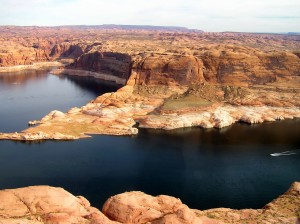 Utah Launches Rain Harvesting Program
Utah Launches Rain Harvesting Program
Cheers to Utah, which has been dubbed the second driest state in the country (WaterWise Utah), for recently introducing a new rain harvesting program for homeowners and small businesses.
RainHarvest, initiated by The Utah Rivers Council, hopes to inspire small businesses and homeowners to capture rainwater. Since the collected water is free, homeowners and businesses can save money. Rain harvesting program participants will assist in improving water quality in rivers, lakes and streams by helping to reduce runoff. Another positive outcome is that the program will lower Utah’s per person water use, which is the highest in the US.
Rain harvesting, according to the Utah Rivers Council, “Saving water keeps our rivers and streams healthy which is essential for fish and wildlife species which need water to survive Utah’s dry summers. Saving water is everyone’s responsibility because if we don’t save water now, new water sources will force mandatory increases in water rates in the future.”
Tell us where and how rainwater collection has caught on in your state, city or neighborhood. Feel free to leave a comment or contact RainBank.

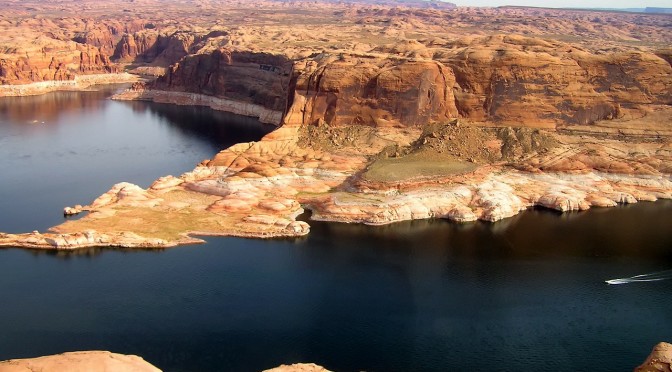
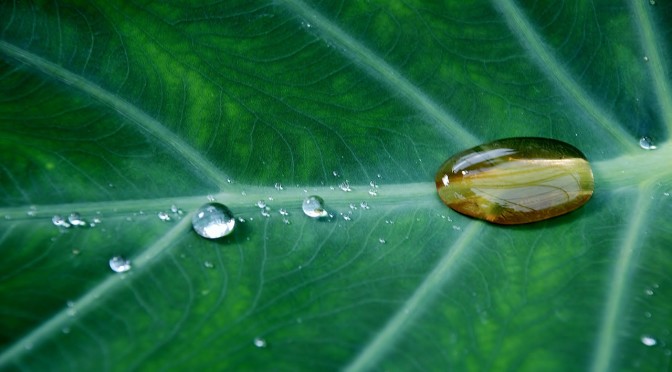
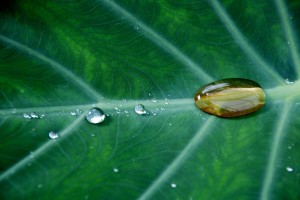 Significant, economic, social, and environmental benefits can be achieved by collecting, storing, and using rainwater. According to the
Significant, economic, social, and environmental benefits can be achieved by collecting, storing, and using rainwater. According to the 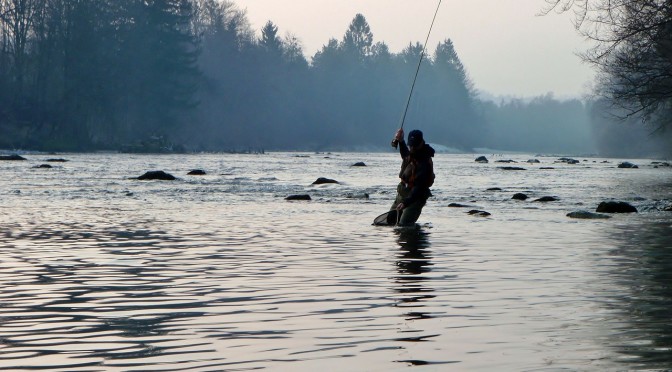

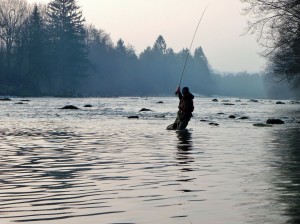 Rather than continuing the “water war” in the valley, the Building and Health Departments should be promoting rainwater collection. Let the people know that there is a viable solution, so they can build their homes. Offer real case studies from other counties on the quality, availability, and affordable costs of a RWC system. Education about alternative water sources is available from the American Rainwater Catchment Systems Association (
Rather than continuing the “water war” in the valley, the Building and Health Departments should be promoting rainwater collection. Let the people know that there is a viable solution, so they can build their homes. Offer real case studies from other counties on the quality, availability, and affordable costs of a RWC system. Education about alternative water sources is available from the American Rainwater Catchment Systems Association (